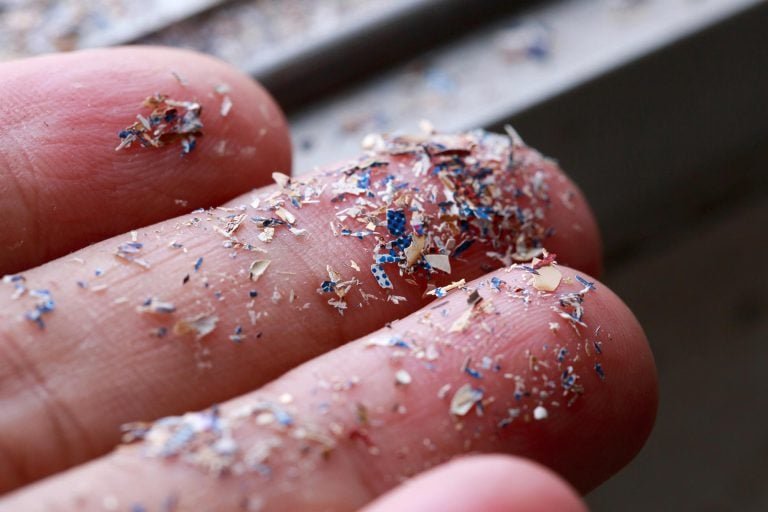A groundbreaking study by Rutgers University reveals that microplastic particles can persist in newborn tissues after maternal exposure, sparking concerns about potential health risks. This disturbing finding underscores the need for further research and policy action to mitigate the impact of toxic plastics on human health.
The Study
Researchers exposed pregnant rats to aerosolized plastic powder and found that microplastic particles crossed the placental barrier, depositing in fetal tissues. Two weeks after birth, the same plastic particles were detected in the offspring’s lung, liver, kidney, heart, and brain tissue.
Implications for Human Health
The study’s findings raise concerns about the toxicological impacts of microplastic exposure on maternal-fetal health and systemic particle deposition. Microplastics have been linked to various diseases, including cancer, inflammation, impaired immune function, tissue degeneration, and cardiovascular problems.
The Ubiquity of Microplastics
Microplastics are everywhere: in food, water, air, and even the deepest oceans and highest mountains. These invisible pollutants pose a significant threat to human health, and the persistence of microplastics in newborn tissues highlights the urgency for policy change.
Call to Action
Lead researcher Phoebe A. Stapleton emphasizes the need for further research to understand the long-term health impacts of microplastic exposure. She advocates for policy changes to regulate the use of toxic plastics and promote safer alternatives.
Key Takeaways
- Microplastics can persist in newborn tissues after maternal exposure.
- Microplastic exposure has been linked to various diseases.
- Further research is crucial to understand the health impacts of microplastic exposure.
- Policy changes are necessary to regulate toxic plastics and promote safer alternatives.
What Do You Think?
Share your thoughts on this alarming discovery and the potential implications for human health. How can we work together to reduce microplastic pollution and promote a healthier environment?

















